In this insightful philosophical discussion of perception, renowned scholar Bimal K. Matilal examines theories of knowledge and ontological concerns as they developed within schools of philosophy in classical India between AD 100 and 1400. Matilal focuses on the clash between the realism of the Nyaya-Vaisesika school and the phenomenalistic idealism of Buddhist philosophical thought (particularly as propounded by the Sautrantika and Yogacara sub-schools). The debate between these schools continued for over twelve centuries and encompassed assumptions about the nature of perception, the status of the external world, and the criteria of knowledge. Matilal approaches these parallel and opposed traditions of thought from a historical perspective, reconstructing the debates in the context of their origin. At the same time, he brings a modern analytical tradition to bear on his examination of classical Indian philosophy. He seeks to correct the misconception that Indian philosophy is speculative and mythical rather than argumentative, by demonstrating how an analysis of the disputes and issues addressed by classical Indian schools of philosophy can enrich contemporary philosophical discussions. A major contribution to historical scholarship on Indian philosophy, this engaging and readable study will be welcomed by students and scholars of Indian philosophical thought as well as informed general readers interested in classical Indian philosophy.
Ethics and Epics: Philosophy, Culture and Religion (Volume 2: The Collected Essays of Bimal Krishna Matilal)
The unifying motif of Bimal ...
$54.00
$60.00

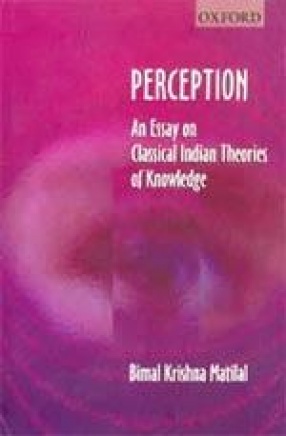
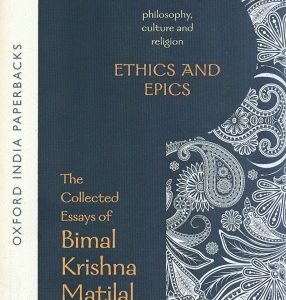
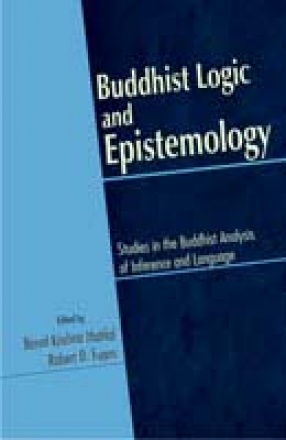
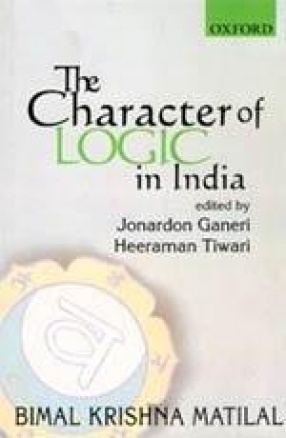
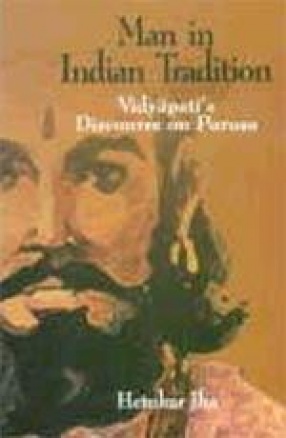

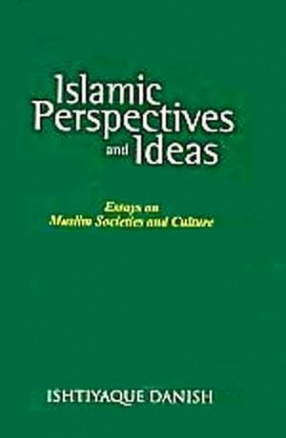
There are no reviews yet.